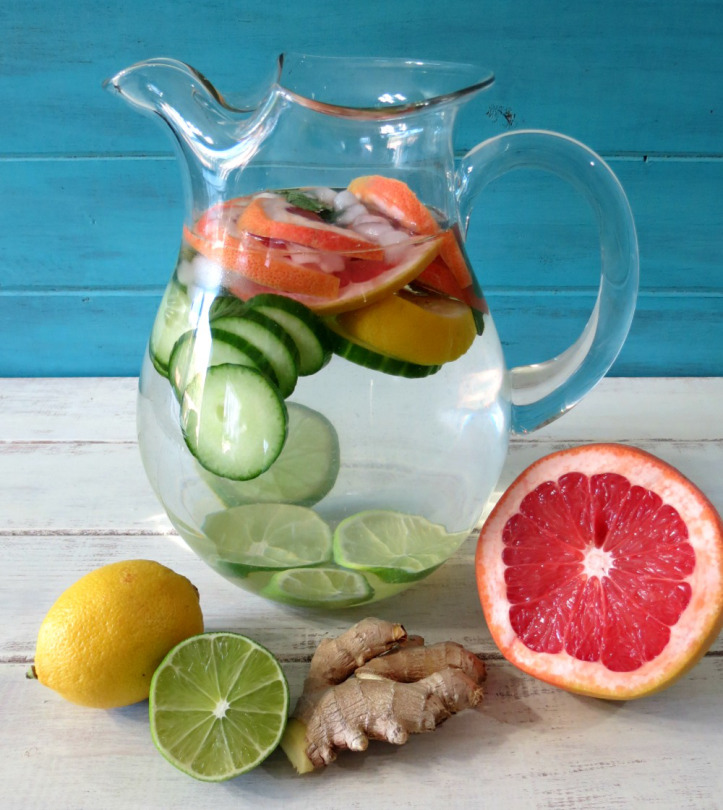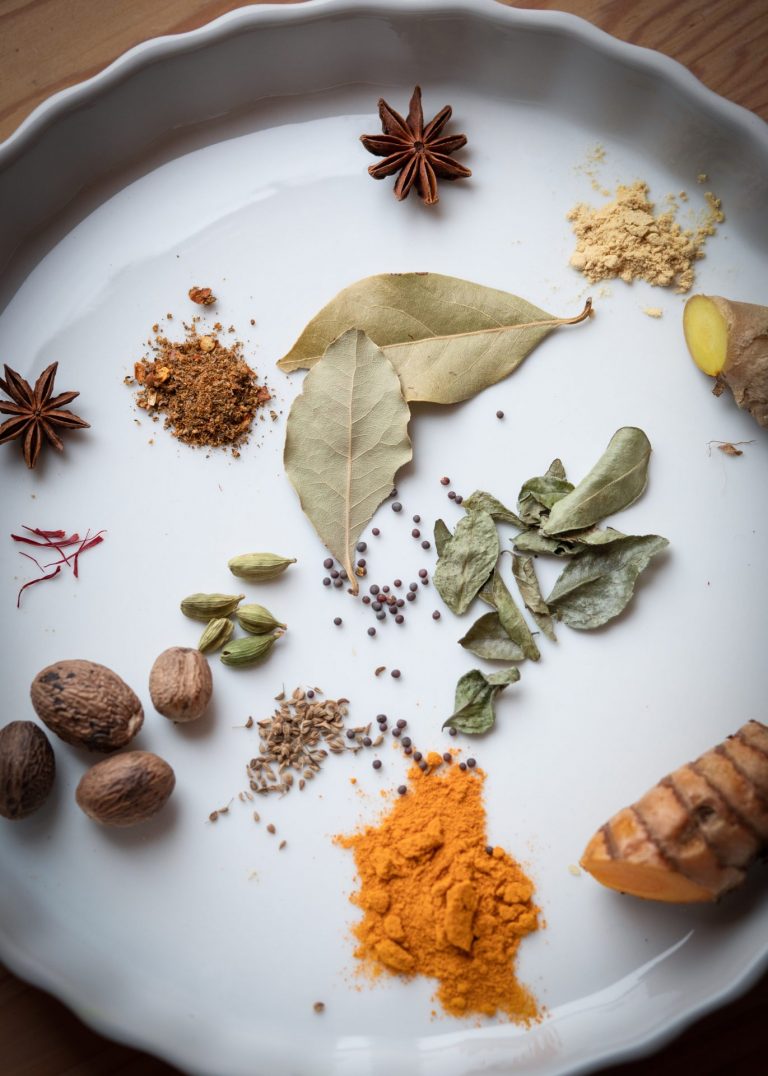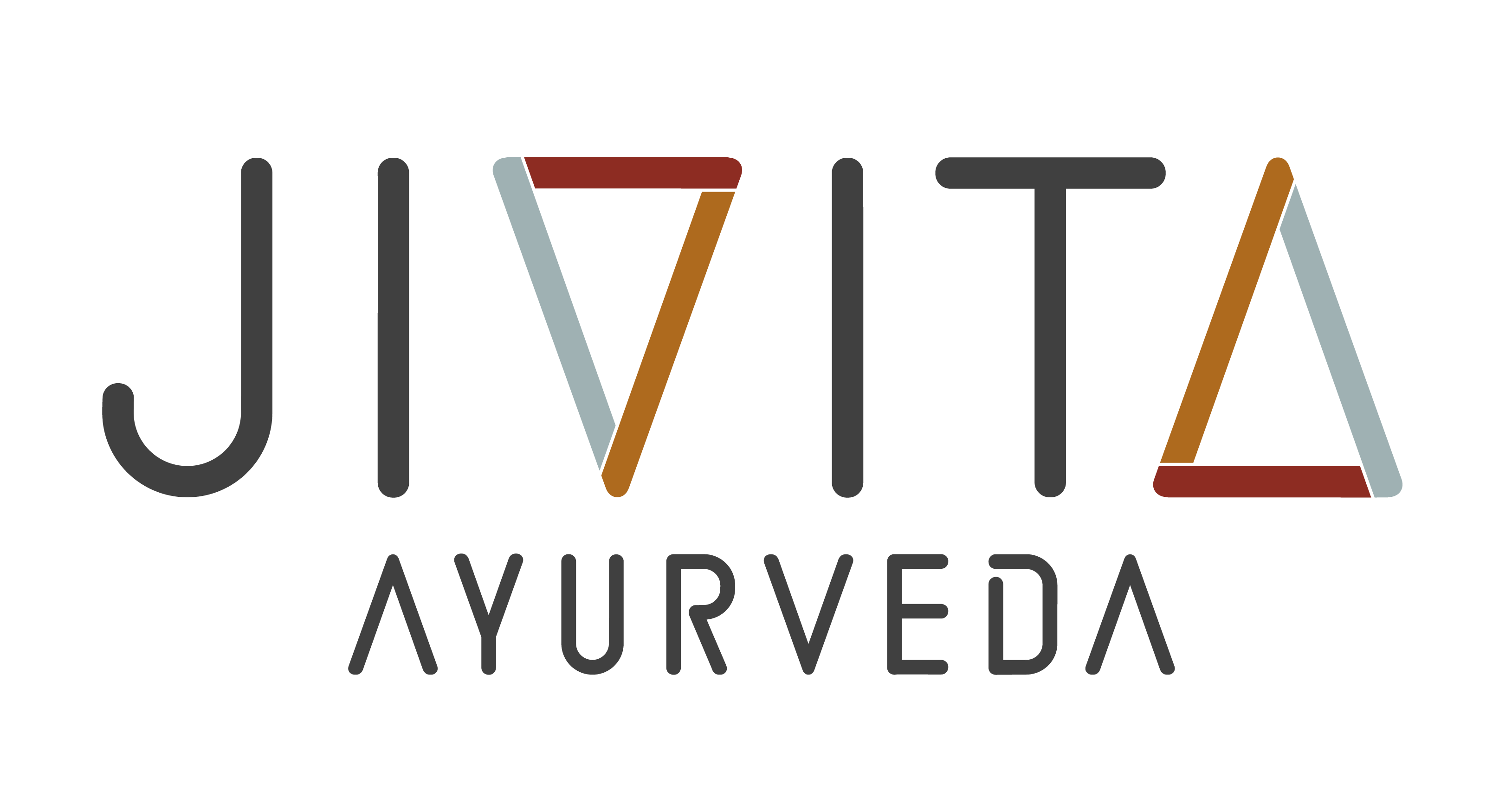 Last year an article came out in The Guardian heavily criticising the detox craze and the detox market in general. It was good reading since the market has indeed gone bonkers selling everything under the sky as good for detoxing. Consumers are faced with a dilemma on what products to choose and which detox program to go on. This really is a big problem and often results in unhappy results with detoxing, which actually is not a myth, as the article claims, but can be hugely beneficial and resolve many health issues. However, there is no perfect detox for everyone. It needs to be designed individually and it has very little to do with detox products on the market.
Last year an article came out in The Guardian heavily criticising the detox craze and the detox market in general. It was good reading since the market has indeed gone bonkers selling everything under the sky as good for detoxing. Consumers are faced with a dilemma on what products to choose and which detox program to go on. This really is a big problem and often results in unhappy results with detoxing, which actually is not a myth, as the article claims, but can be hugely beneficial and resolve many health issues. However, there is no perfect detox for everyone. It needs to be designed individually and it has very little to do with detox products on the market.
The other thing that was good about the article was that it emphasised the importance of correct diet and lifestyle. Indeed, when these are right, one does not need a detox. However, modern life does expose us to loads of toxins, which do lodge in the tissues of the body, especially the fat. Heavy metals like aluminium can be found in nearly all of us as it is one of the most common components in our deodorants (unless it is an organic one).
Toxins are components in our body that do not belong there (chemicals and heavy metals) or are in excess (e.g. raised blood sugar levels). We have toxins that enter our bloodstream through breathing, skin contact and digestion. Also the body’s physiology might be in fault and produce toxins (hormone dysfunction e.g. insulin). We also are exposed to a great variety of mental toxins coming from overstimulation by media (mental stress).
These compounds enter our bodies and, depending on every individual’s unique ability to process these toxins, they come out or stay in. The latter is obviously a cause for concern. Also, how much one is exposed to toxins is also an issue. Air, industrial chemicals, toxic waste, cosmetics and food are around us and sometimes we are able to make choices which toxins we decide to avoid, sometimes not. Look at London air today. Only 51 weeks per year the level of pollution is unacceptable. If you come to London once a year, you’re probably safe. If you cycle through London every day it might be that you get respiratory issues because of heavy metals building up in your lungs and blood.
The body is not a 100% working machine that processes whatever it comes in contact in a perfect manner. Firstly our bodily functions are compromised by stress. Stress can be physical or mental. Stress changes the functioning of our organ systems. This is especially evident as regards to our digestive system. And, the digestive system is the one that takes the biggest load of toxins. Toxic food is dumped into our GI-tract and the poor thing has to deal with things like supermarket food. It is processed, treated and unnatural. Like Michael Pollan, one of the greatest food writers of our age, says we eat food like stuff. Possibly 99% of the items in supermarkets is not food, but food like substances, like milk, which the body has to deal with. Milk is so highly processed nowadays that it has become toxic.
The problem of toxicity from our food does not completely lie in processed foods. You see, some people eat all the junk and have no health problems whatsoever. Some, on the other hand, get gas and bloating just by seeing bread (we are taking especially of loaf bread, white and brown). Why is this? It is because some people are better in digesting and eliminating. It is important what you eat but if you have a body with a strong digestive fire you’ll probably do better i.e. stay healthier and live longer than those who suffer from poor digestion.
Here we enter the most important factor that was completely sidelined in the Guardian article: digestive toxins. Our digestive process is a fairly complicated sequence of events that happen to our food when it passes in from our mouth and out from the anus. Digestive enzymes, hormones, enteric nervous system, microbiota and immune system try to coordinate the digestion, absorption and elimination to its best abilities. Our gut function is dependent obviously on what we eat but also how we eat. It also changes because of stress, as mentioned above. The result of poorly digested food is fermentation and putrefaction. The residues of bad digestion are toxic. They are especially bad for us if there is excess mucous in the gut, or the gut mobility (peristalsis) is slow.
Residues of incomplete digestion can end up in blood stream. This happens especially with those who suffer from leaky gut. When the health of our gut lining is compromised somehow the end result of digestion i.e. nourishment, energy and material for tissue formation is also compromised. There can be excess of mucous, bad bacteria, dryness, inflammation, or lesions as in leaky gut, a condition that has only recently been admitted to the textbooks by modern medicine.
The signs of bad gut function are familiar to anyone and vary from person to person: acidity, nausea, burping, gas and bloating, cramps and pain, diarrhoea, constipation, mucous and/or blood in stools.
These signs can be due to one or more of the following:
- eating unhealthy food
- eating wrong food combinations (dairy and fruit, fruit with meals)
- eating too fast
- overeating
- eating when stressed (sad, anxious, depressed, angry)
- drinking and eating (sending food down with liquids)
- eating on the go
- eating hard to digest foods (raw food, meat, pulses, dairy, bread)
Detoxing is a great way to resolve digestive issues. By detoxing we mean mainly clearing out the digestive tract from undigested particles. This way good breakdown and absorption is guaranteed. Consequently the body receives healthy material for building up tissues and to generate energy.
Detoxing has to be designed according to individual needs and stamina. The toxicity needs to be assessed first and also stress levels. Detoxing is nearly impossible whilst stressed. When the body is stressed the first thing it wants to withhold is fat, the emergency reserve. Toxins, like heavy metals, lodge in fatty tissue.
An ayurvedic detox, in which I am specialised, might include enemas and colonics. But, these have nothing to do with hydrotherapy, which is a fairly stressful event of its own. Ayurvedic way is safe and efficient, much less stressful and more cleansing than hydrotherapy. But, enemas and colonics are not a premise for detoxing. They are a fast way of relieving congestion in the colon, amongst other of their functions, but that is a subject matter for another article.
There are many ways to detox and detoxing can be hugely beneficial if it is done correctly. There is no need to go and buy expensive detox claiming products. Also, one needs to think twice before going on starvation fad diets as they can be toxic as well (remember, stress in detox is toxifying). To start with the easiest way is to check your diet. Balance your meals correctly: light breakfast, hefty lunch and light dinner. Eat food, and not food like items. Cook from fresh and do not combine more than three items at a meal. And, most importantly drink hot water in sips throughout the day. That will keep your digestive enzymes active, it will scrape excess mucous, relax the gut wall, keep you properly hydrated and it does not cost anything.
The Guardian article says detoxing is a myth. We are of a different opinion. For this “false” detox product market to exist it means there are consumers who clearly feel the need to cleanse their bodies. There might not be anything truly serious going on so when they turn to a GP they get an answer “there’s nothing wrong with you”. These subclinical conditions are perfect for detox. We just have to raise awareness on how to do it correctly.





